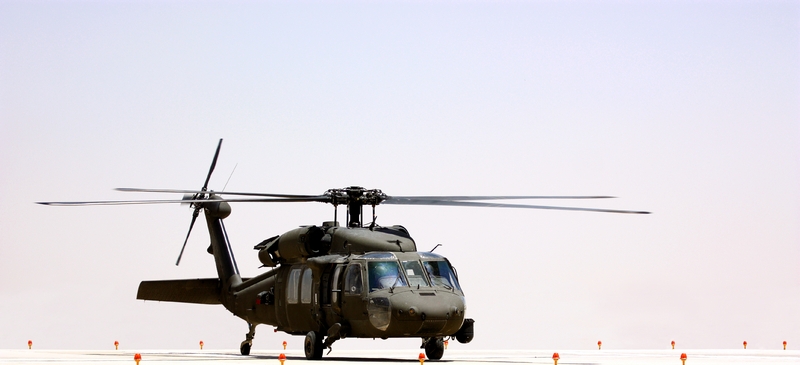
Logic in Europe's military could check spending
When an unstoppable force meets an immovable object bad things usually happen. And so it will be next year when spending cuts imposed by the deepest economic crisis since the Great Depression meet the rising demands of the Afghanistan and Iraq wars. The UK government may have to cut non-defence programmes, like education or housing, to keep military spending at current levels (as James Blitz argues). Alternatively, the Ministry of Defence can cannibalise planned weapons buys, like the F-35 fighter aircraft or the Trident submarines, to pay for the cost of wars (as Max Hastings recommends).
Common sense argues that the outcome will be a combination of both. There is no clever third way that would generate the sort of savings that the government needs in order to restore order in its budgets. But there are at least two additional ways to reduce defence spending – not of the magnitude that would save the government from its current predicament but important nevertheless. In the future, more so than in the past, every penny will count.
First, the UK government must insist that the European Union and Nato stop sending overlapping missions to the same trouble spots. Because international institutions compete to fly their flag in missions abroad, it is not unusual for western governments to have multiple operations in the same place. For example, three different forces (under EU, Nato and US commands) have fought piracy off the coast of Somalia. That is a wasteful use of taxpayer money. The UK, even if it does not participate in many EU military missions, pays a part of the bill through its contributions to common funds. It should insist that either the EU or Nato deploy to future trouble spots, but not both.
Second, the UK government should pressure its European counterparts to find ways to make multinational weapons buys cheaper. Producing all equipment nationally is no longer an option; the truly complex systems are so expensive that defence ministries can only afford them if they share the development costs with other countries. But some collaborative programmes, like the seven-nation plan to build a military transport aircraft, the A400M, have been a financial disaster.
The trouble with the A400M and similar projects is that participating governments are more concerned with securing production jobs than with obtaining a good, reasonably priced product. In return for investing in the aircraft, they have demanded that a commensurate number of production jobs go to their country. As a result, bits of the aircraft are being built in different countries, and not necessarily in the ones most qualified to do the job. This leads to delays and cost overruns.
When joining future European weapons programmes, the UK should insist on using more fiscal common sense. Lead producers should be free to buy the needed parts from the plant with the most relevant technical expertise, no matter where it is located. The UK should also pressure other participating governments to order more off-the-shelf components, rather than try to generate jobs by manufacturing parts from scratch. Britain is well positioned to make such a case – it is Europe’s largest defence spender so it has a lot of financial clout in joint weapons programmes. By making new weapons cheaper, it would do the rest of Europe a favour.
